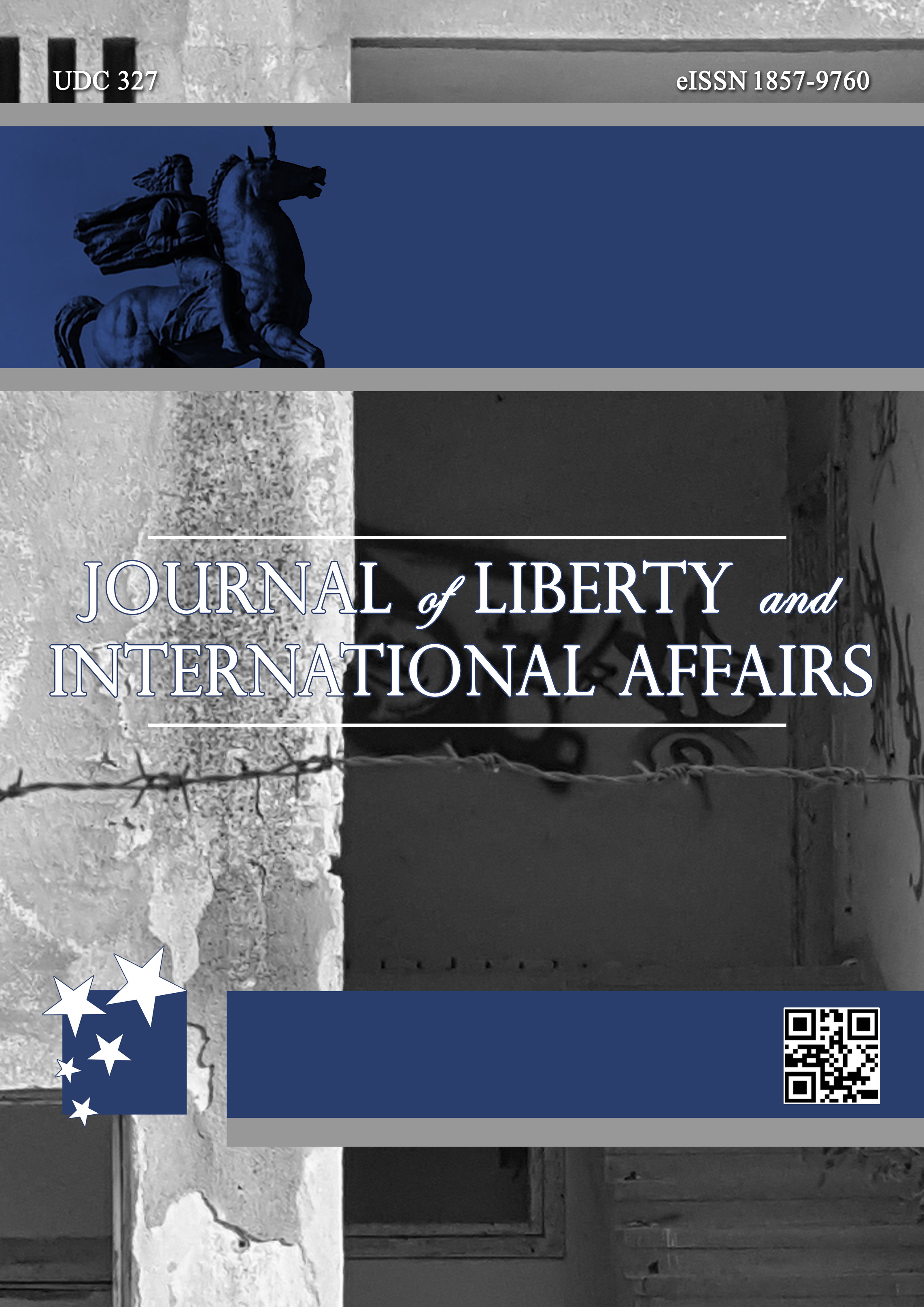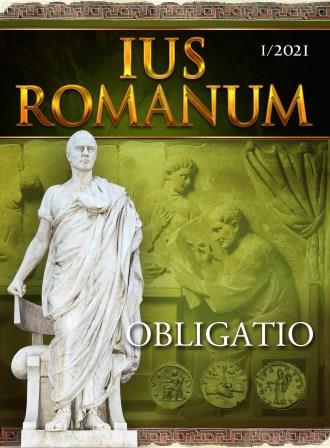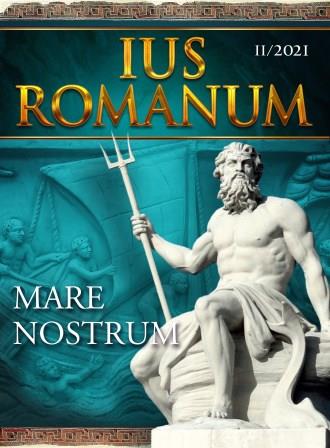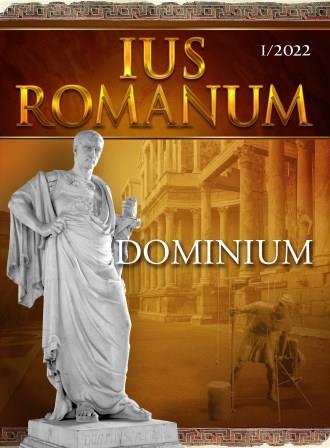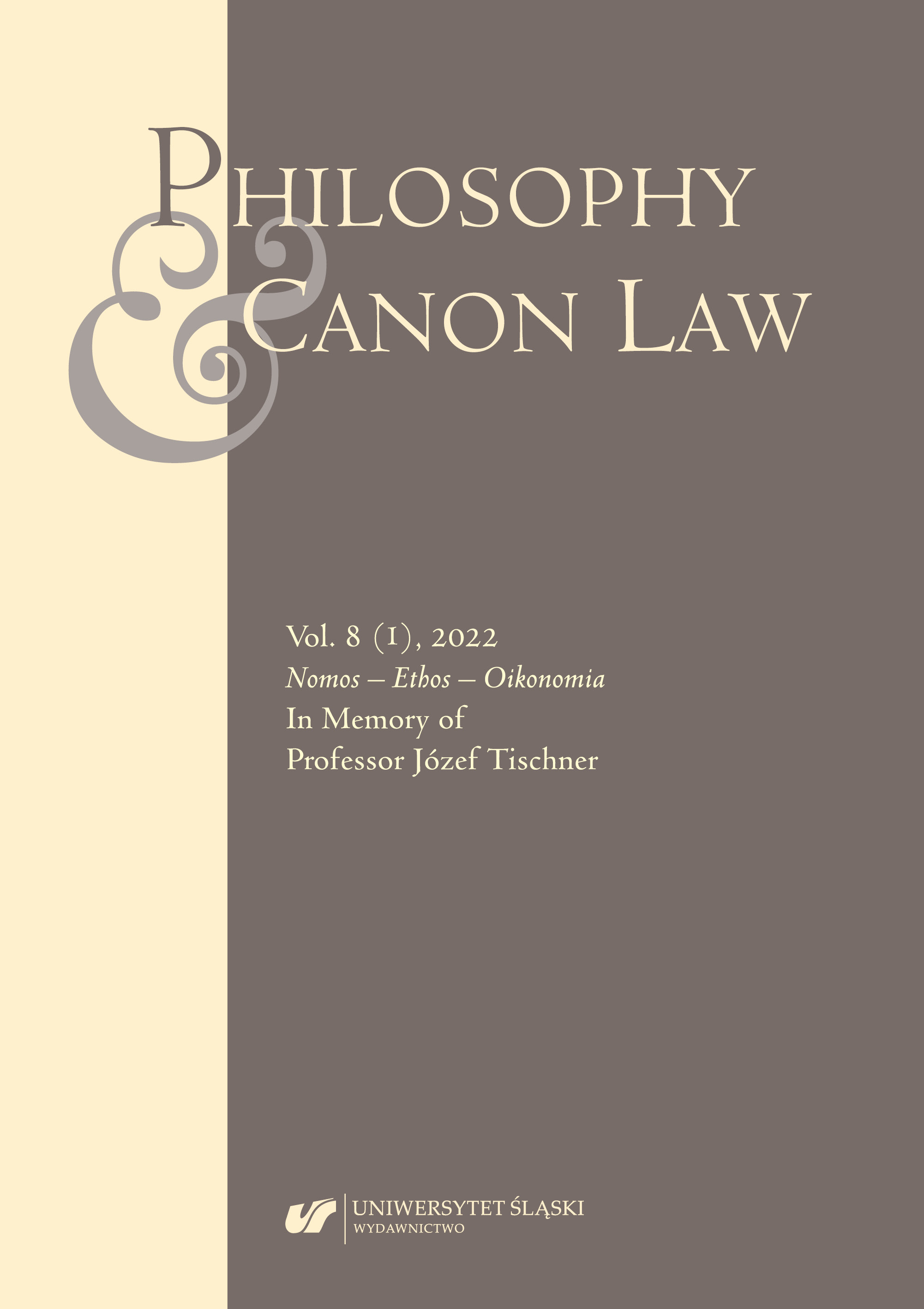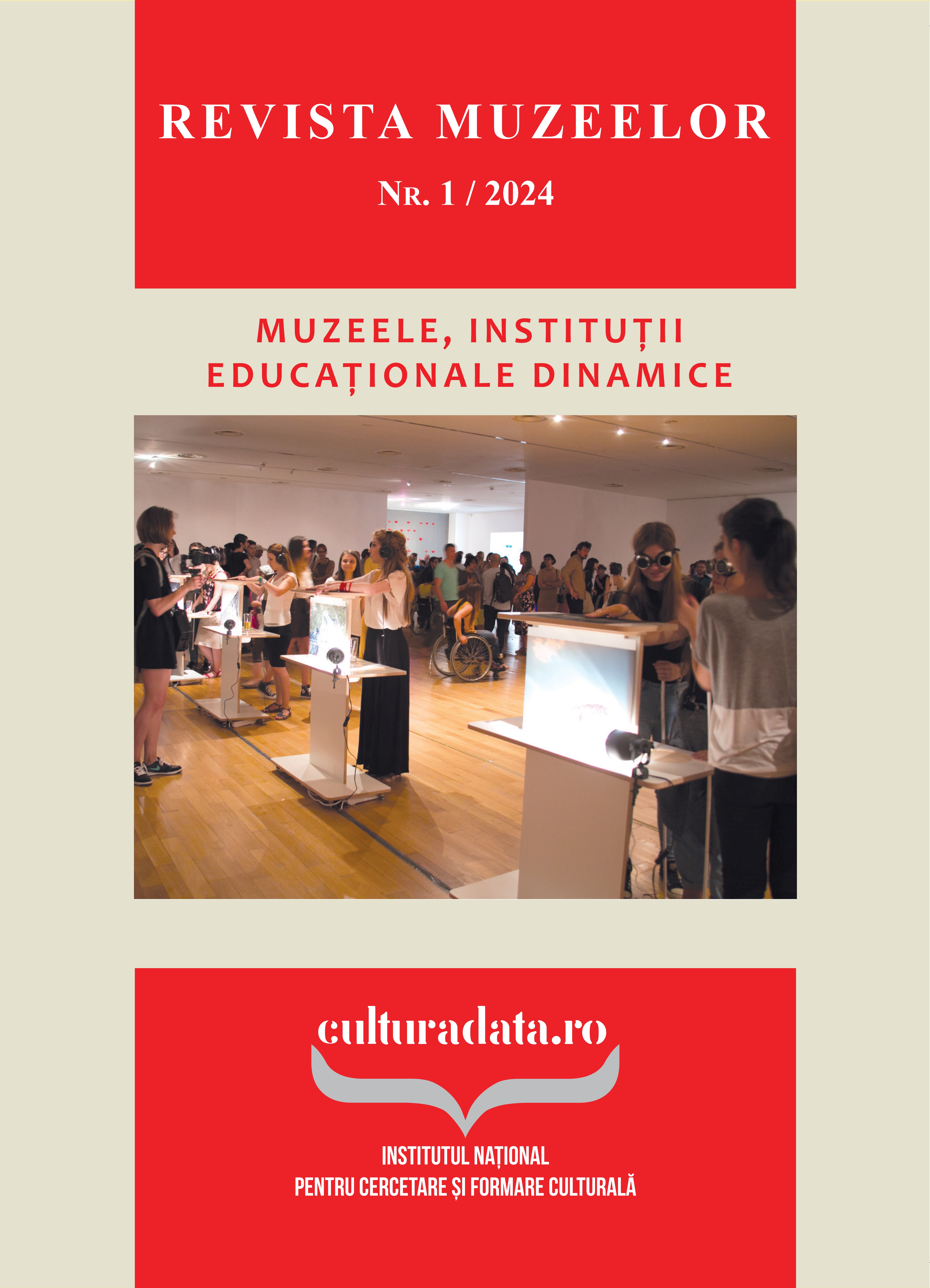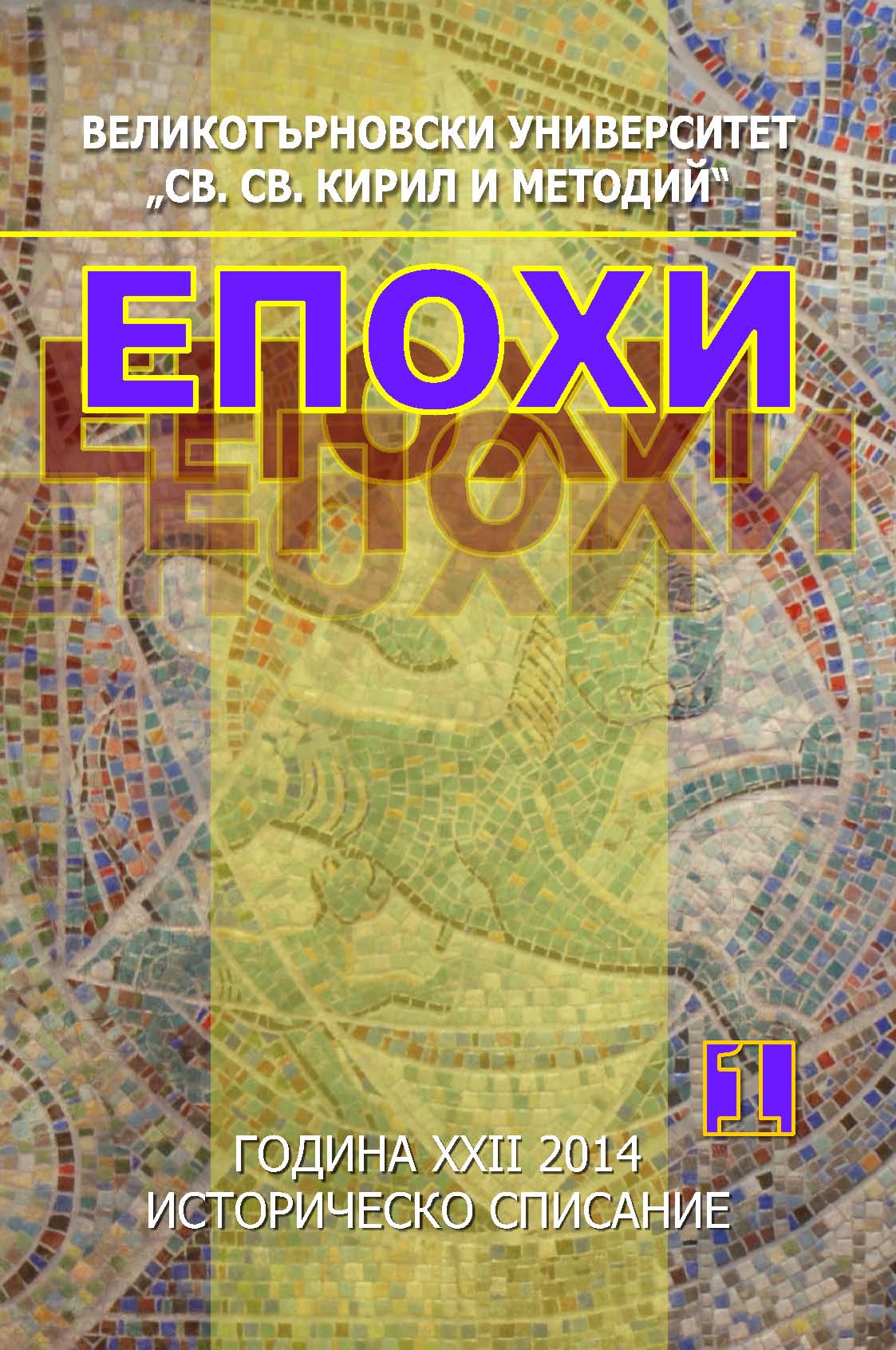
Изследователи на българското обичайно право в края на ХIX и първата половина на ХХ в
The proposed article is an addition to developing more detailed work dedicated to the development of the Bulgarian ethnography since Liberation to World War II. The review of the studies in the field of Public customary law of the late nineteenth and early twentieth century gives an idea of their chronological development and thematic diversity. Largely research are solicited and facilitated by the systematic methodological guidelines contained in published “questionnaire-directions” for the collection and study of traditional legal customs , to follow European trends and experiences in this regard. To study a particular specified share of the popular social-normative culture are directed primarily specialists in legal education, Odzhakov P., V. Baldzhiev, St. S. Bobchev and others, whose work impresses with its scientific approach to withstand attempted systematization, interpretation and evaluation of the material covered. Along with them during the period relevant publications on Bulgarian common law traditions leave D. Marinov, K. Shapkarev, St. Shishkov and others. This paper examined the research and collecting individual contributions of these authors that enrich the scientific literature and help to expand the thematic scope of the Bulgarian ethnography in an essential and dynamic period of its development as a scientific discipline.
More...
